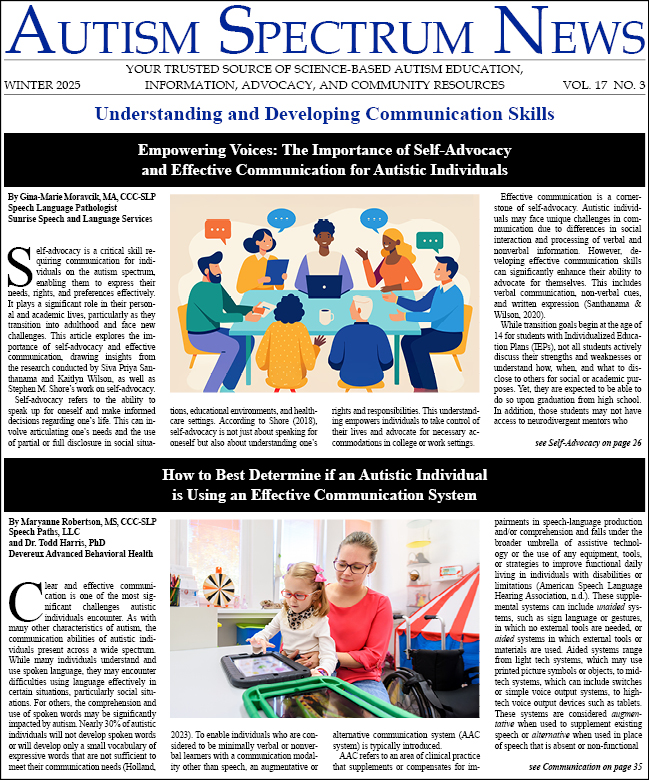-
How Preparing Early Improves Independent Living in Adulthood
It is never too early to prepare for any skill, but especially skills needed to live independently. Many young adults feel that moving out on their own is a rite of passage, whether that be attending college to live in a dormitory, renting their own apartment, buying their first home, among many...
-
A COVID-19-Inspired Housing Solution for Our Autistic Daughter
For many years I’ve been thinking about how and where our daughter Samantha (now 30) could live independently. She doesn’t belong - nor does she want to be - in a group living situation and she is not yet ready to live on her own. After surviving 5 years of roommates at Landmark College and...
-
Tools for Growth: Facilitating Community Living Skills Opportunities in Preparation for Independent Living
Graduating high school, going to college, finding an apartment, landing that first job, getting married - these are all exciting milestones associated with the transition from high school to independent living. For adolescents with autism, formal planning for this transition begins at age 14 with...
-
Perspectives From Two Adults Living Independently in the Chapel Haven Community
Brave, Bold Kimber By Kimber Marchesi Kimber Marchesi came to Chapel Haven Schleifer Center from her hometown of Darien, CT in 2013. She learned how to live independently while enrolled residentially in Chapel Haven’s REACH program, graduated and now lives in her own apartment in the community,...
-
Teaching Community Skills to Prepare for Independent Living
Independent living may be conceptualized as a philosophy of individual control, peer support, self-help, self-determination, equal access, and individual and system advocacy, in order to maximize the leadership, empowerment, independence, and productivity of individuals with disabilities, and the...
-
My Child with Autism Needs Anesthesia, What Should I Know?
Children with autism spectrum disorder (ASD) have an increased rate of hospital contact and are likely to require sedation and anesthesia for surgeries, procedures, and imaging tests. Lee et al. has demonstrated that children with autism were about two to three times more likely to experience an...
-
Tenants Celebrate Two Years of Independent Living in New Residential Model for AHRC New York City
When AHRC New York City asked different departments to identify perspective tenants with intellectual and other developmental disabilities (I/DD) for 12 new Bronx apartments, it was uncertain about what to expect. But what is abundantly clear after two years is that a partnership among AHRC...
-
“Infinite Solution Finders:” AHRC New York City’s Educational Advocacy Guides Parents of Students with Disabilities
Rosemeri Linares embraced the challenges and the need for knowledge when she found out her son Adrian was on the spectrum. “Adrian was diagnosed with autism a little before he turned two. I had to quickly learn all the things that come with having a child with a disability,” she recalled. “I...




